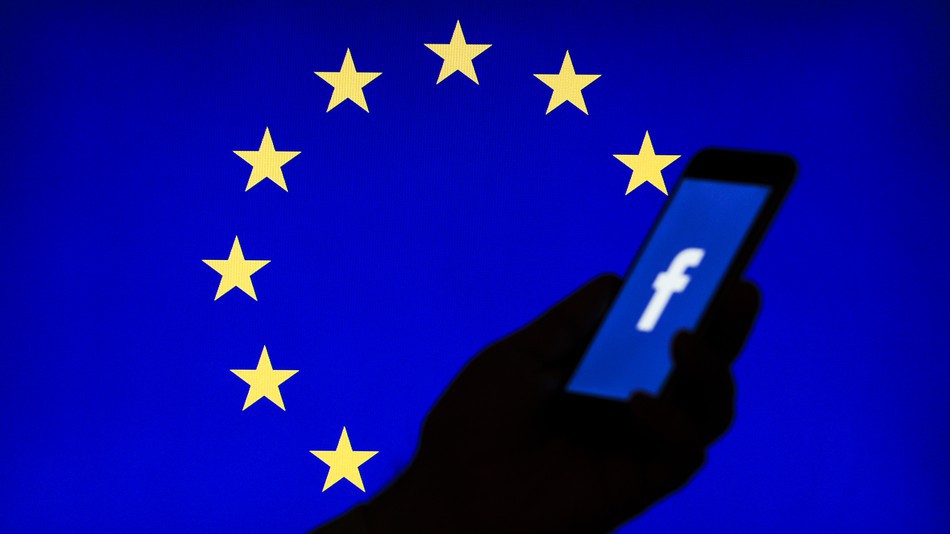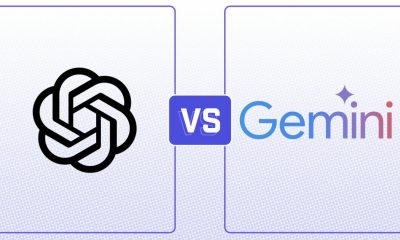Technology
Facebook bans political ads from other countries to fight EU election interference


Image: JAAP ARRIENS/NURPHOTO VIA GETTY IMAGES
Facebook announced a major change to combat foreign election interference ahead of the European Union (EU) elections in May.
At a press briefing on Friday, Facebook officials said that in order to protect “the integrity of elections,” they would be cracking down on online advertising from being used for foreign interference. All political advertisers in the EU now need to gain authorisation in the country where ads are being delivered.
In order to gain that authorisation, political groups in Europe will be required to submit documents for identity checks, explained Richard Allan, Facebook’s vice president of global policy solutions. “We ask them to submit documents and we use technical checks to confirm their identity and location,” said Allan.
“We recognise that some people can still try and work around any system but we’re confident that this will be a real barrier for anyone who’s thinking of using our ads to interfere in an election from outside of a country,” he added.
Allan said that Facebook conducted an analysis earlier this year and found that one of the risks presented by the election would be “somebody would set up an organisation in one EU country in order to direct advertising to influence an election in another EU country.”
Facebook also confirmed that banned groups and de-platformed figures will remain banned even if they’re running for office in an election. This means that far-right figure Tommy Robinson, who’s standing as an MEP in the election, will remain banned from Facebook and Instagram.
The UK will hold European Parliament elections at the end of May after UK Prime Minister Theresa May secured a Brexit delay until Oct. 31 2019. During European elections, voters in EU member states can elect Members of the European Parliament (MEPs).
Facebook also acknowledged that it’s aware it has quite a task on its hands given that the upcoming elections span 28 countries and 24 official languages in what Nick Clegg — the former UK deputy prime minister and Facebook’s current vice president of global affairs and communications — described as a “heightened atmosphere.”
Allan also noted that political ads will now need to be clearly labelled on both Facebook and Instagram. “To increase transparency, all of the ads related to politics and issues on Facebook and Instagram in the EU must now be clearly labelled including a ‘paid for by’ disclosure from the advertiser at the top of the ad,” said Allan. You’ll be able to see who’s paying for the ad as well as any relevant contact information.
Hopefully the measures will prevent a repeat of the election interference disaster we witnessed during the 2016 U.S. election.

-

 Business7 days ago
Business7 days agoTesla drops prices, Meta confirms Llama 3 release, and Apple allows emulators in the App Store
-

 Business6 days ago
Business6 days agoTechCrunch Mobility: Cruise robotaxis return and Ford’s BlueCruise comes under scrutiny
-

 Business5 days ago
Business5 days agoTesla layoffs hit high performers, some departments slashed, sources say
-

 Entertainment6 days ago
Entertainment6 days ago‘The Sympathizer’ review: Park Chan-wook’s Vietnam War spy thriller is TV magic
-

 Business5 days ago
Business5 days agoMeta to close Threads in Turkey to comply with injunction prohibiting data-sharing with Instagram
-

 Business4 days ago
Business4 days agoFormer top SpaceX exec Tom Ochinero sets up new VC firm, filings reveal
-

 Entertainment4 days ago
Entertainment4 days agoChatGPT vs. Gemini: Which AI chatbot won our 5-round match?
-

 Business4 days ago
Business4 days agoTesla layoffs hit high performers, some departments slashed, sources say






















